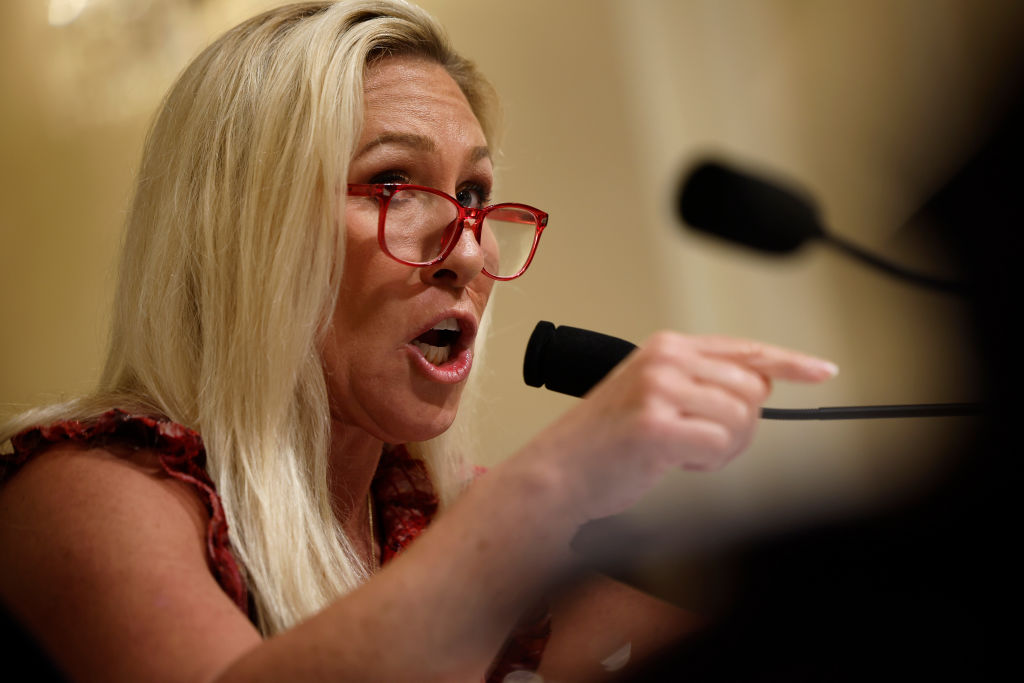Iran’s president called Wednesday for “profound changes” in U.S. foreign policy including an end to support for Israel and an apology to the Islamic republic for past misdeeds.
Hardline President Mahmoud Ahmadinejad also urged Washington to withdraw its troops stationed around the world. He said Iran would be closely watching what President Barack Obama’s new administration does and would welcome a real shift in its approach.
“Change means giving up support for the rootless, uncivilized, fabricated, murdering … Zionists and letting the Palestinian nation decide its own destiny,” Ahmadinejad said. “Change means putting an end to U.S. military presence in (different parts of) the world.”
His comments come as Obama was reaching out to Muslims. He has stressed the importance of engaging Iran, a country the Bush administration often singled out as the most dangerous in the Middle East. In his inaugural address, Obama addressed leaders of hostile nations by saying “we will extend a hand if you are willing to unclench your fist.”
Without mentioning Obama by name, Ahmadinejad repeatedly referred to those who want “change,” a buzzword of Obama’s election campaign.
“When they say ‘we want to bring changes’, change may happen in two ways: First is profound, fundamental and effective change … the second … is a change of tactics,” he told thousands of people in the western city of Kermanshah in a speech broadcast live on state television.
“We will wait patiently, listen to their words carefully, scrutinize their actions under a magnifier and if change happens truly and fundamentally, we will welcome that,” he added. “The change will be to apologize to the Iranian nation and try to compensate for their dark records and the crimes they have committed against the Iranian nation.”
Ahmadinejad cited the U.S.-backed coup that toppled the elected government of Prime Minister Mohamed Mossadegh in 1953, its support of the unpopular shah, its backing of Saddam Hussein during Iraq’s war with Iran in the 1980s and the downing of an Iranian airliner in 1988 by a U.S. naval ship.
In an interview with Al-Arabiya news channel that aired Tuesday, Obama condemned Iran’s threats to destroy Israel and its alleged pursuit of nuclear weapons, but added: “It is important for us to be willing to talk to Iran, to express very clearly where our differences are, but where there are potential avenues for progress.”
Later Tuesday, Secretary of State Hillary Clinton told reporters the U.S. administration is undertaking a wide-ranging and comprehensive assessment of American foreign policy options toward Iran.
Clinton also said Iran had a “clear opportunity” to demonstrate some willingness to engage meaningfully with the international community.
Washington is at odds with Iran over its nuclear ambitions and its threats to destroy Israel as well as Tehran’s support of the militant groups Hezbollah in Lebanon and Hamas in the Palestinian territories.
The U.S. broke off diplomatic relations with Iran after hardline students stormed the U.S. Embassy in Tehran in 1979.
















